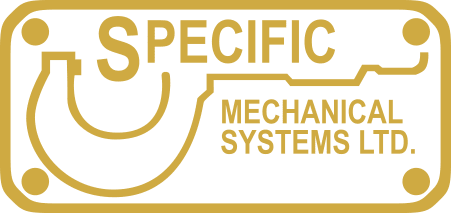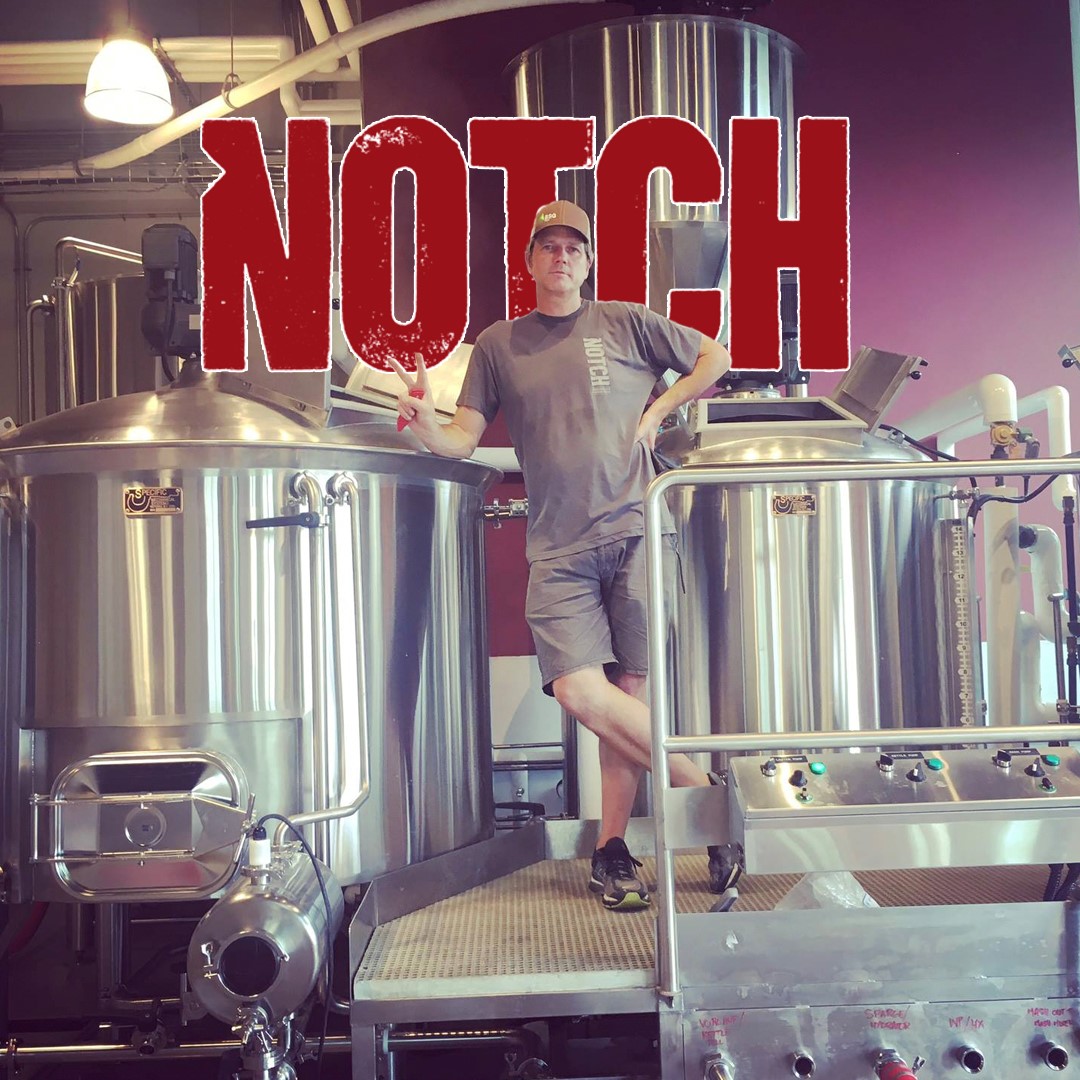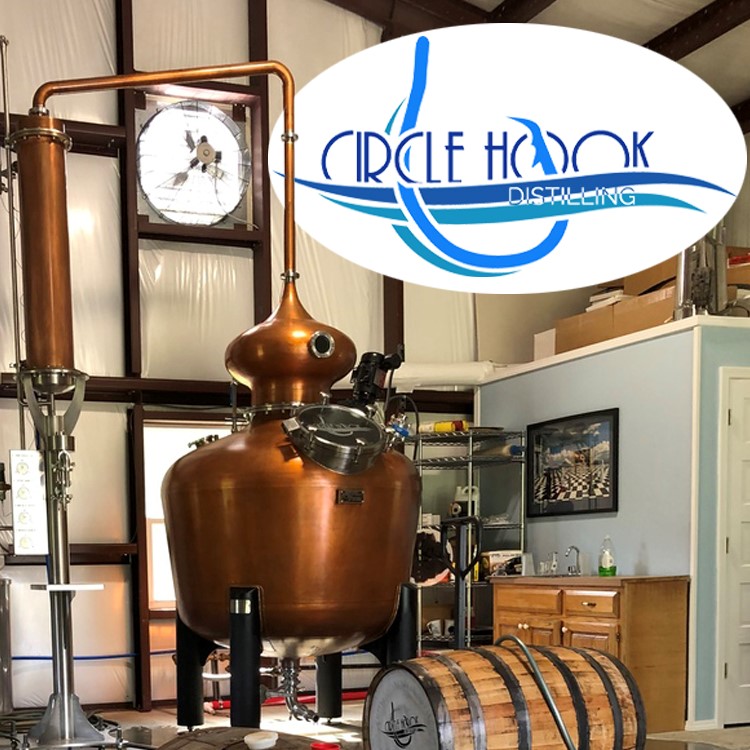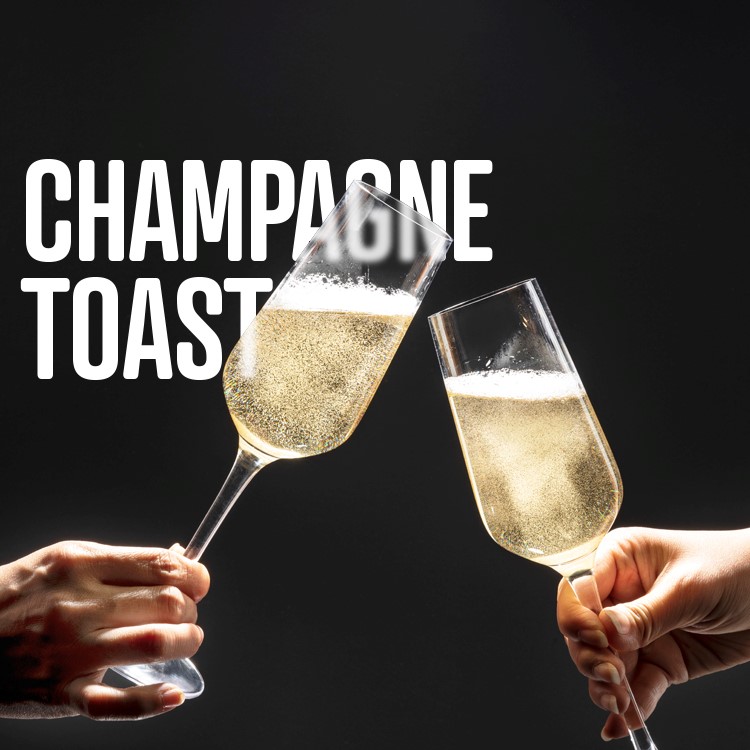Notch proudly declares that it’s been “brewing session beer since before it was cool”—but there is much more to it than that.
For one thing, Notch kept on brewing session beer even after it was cool. Founder Chris Lohring says they don’t use the S-word so much anymore, since the coming and going of the session IPA trend more or less knocked it out of fashion. “So, we just talk more in terms of modest ABV and traditional styles,” he says.
The term ‘session’ refers to a drinking session, indicating that these beers are designed for extended periods of consumption, without overwhelming the drinker with high alcohol levels.
Lohring’s brewing journey began in 1993 at Kennebunkport Brewing Company in Maine, where he apprenticed under British brewers, gaining an appreciation for low-ABV beers.
“So, from a very early age, I understood low-ABV beer,” he says. “These brewers were very skilled, and at the end of the day they would go up to the bar and drink the lowest ABV on tap.
‘Yeah, we want to drink two or three, then go home and have a normal evening.’ I was 26 at the time, and it was an epiphany for me.”
In 1994, Lohring co-founded Tremont Brewery in Boston’s historic Charlestown neighborhood, which became the second-largest brewery in Massachusetts at the time.
Tremont Brewery was known for its English-style ales, including bitters and pale ales, aligning with Lohring’s passion for sessionable beers.
After Tremont Brewery closed in 2001, Lohring took a hiatus from brewing. During this period, he traveled to the Czechia and Germany, where he experienced traditional lagers that were both low in alcohol and rich in flavor. This experience was pivotal, inspiring him to introduce similar beer styles to the American market.
While travelling through smaller towns in Czechia, he found that most people were often drinking the desítka, the 10° beers that are usually just 3.5 to 4 percent ABV. He thought, “‘Wow, okay, here’s a 4 percent beer that’s complex and flavorful and interesting. And I can drink four or five over the course of an afternoon and keep my wits about me.’ And that experience just stuck with me.”
Drinking low-ABV lager wasn’t a totally foreign experience for him—Bud Light and similar beers dominated the Irish pubs and sports bars of Boston. But if you wanted both light and flavorful, it had to be imported Guinness or Pilsner Urquell, and that was about it. He thought, “There’s something here that’s not being addressed in the market right now.”
In 2010, Lohring launched Notch Brewing, becoming one of the first American breweries to focus exclusively on session beers. He started the Notch brand by having its beers made in other breweries. “I went to contract because of the [predictable] margins,” he says. “I didn’t have debt hanging over my head. And if this thing just went belly up, I’d be able to walk away with not a lot of exposure. Notch, named after the nick in a coaster used to count rounds in a pub, reflects Lohring’s commitment to producing beers that encourage moderation without sacrificing taste.
Within four years, they were selling about 8,500 barrels per year, “which was very satisfying,” he says, “the guys at BeerAdvocate said it was a ruse, and I had everyone against me. But, you know, something resonated. I was putting [out] beer at a reasonable price. I started putting it in cans, I started putting it in 12-packs.” And the beer sold.
Notch opened its Salem brewery and taproom in 2016, and with it came many opportunities: the chance to serve the beers the way they ought to be served, including the side-pull taps and large, dimpled mugs for Czech-style lagers; the chance for more R&D, to try out iterations and recipes and see for themselves what people liked best, optionally scaling those up at contract breweries; and the chance to better promote the Notch brand, so that people who enjoyed the experience and the beers would look for them in bars and shops.
The brewery in Salem is a Specific 10-barrel, three-vessel brewhouse allowing them to manage multiple decoctions and long brew days.
Their second brewery—which opened in July 2021 at the historic Speedway in Brighton—has a Specific 7-barrel system and, likewise, was designed with traditional lager-brewing in mind.
Notch’s production team are lead brewers Anna Hostetler and Juleidy Peña. Hostetler previously apprenticed at Dovetail in Chicago and brewed at Mighty Squirrel in Waltham, Massachusetts.
Peña, originally from the Dominican Republic, co-founded Cervecería Artesanal Uicú there before moving to Massachusetts and brewing at Aeronaut in Boston for three years. “Both Anna and Julie are just crushing it,” Lohring says. “They’re doing a really great job.”
The breweries in Salem and Brighton give Lohring, Hostetler, and Peña the flexibility to make the kinds of beers they want at a smaller scale, selling most on draft through the taprooms while getting some cans and kegs out into the wild.
Under Lohring’s leadership, Notch Brewing has expanded its presence with taprooms in Salem and Brighton, Massachusetts, offering welcoming spaces for patrons to enjoy their beers. Lohring’s dedication to session beers has influenced the craft beer industry, encouraging other brewers to explore and appreciate the complexity and satisfaction that lower-ABV beers can provide.





